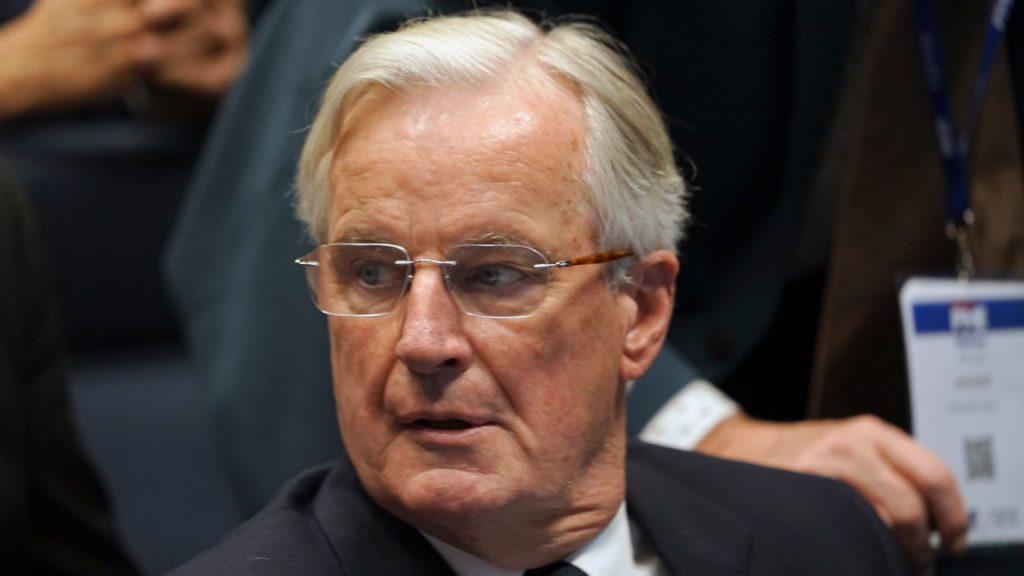On Wednesday, the French National Assembly witnessed a historic vote of no-confidence that led to the collapse of Prime Minister Michel Barnier’s government. A decisive 331 members endorsed the motion, surpassing the required 288 votes. This development came only three months after Barnier’s appointment by President Emmanuel Macron in September, effectively making him the shortest-serving prime minister in French history. In a poignant remark before the vote, Barnier expressed his honor in serving France, despite the impending end of his mission.
President Macron, who intends to complete his term until 2027, now faces significant political pressure from both the left and the right to resign. However, he is likely to appoint a new prime minister for the second time as Barnier prepares to step down. This political turmoil follows snap legislative elections in July, which drastically altered the power dynamics within the French parliament. The centrist Ensemble coalition, losing a substantial number of seats, found itself overshadowed by the New Popular Front leftist coalition, leading to increased tensions and budget disputes that fueled the no-confidence motion.
The no-confidence vote underscored a rare alliance between the far-right and far-left factions in the National Assembly, signaling a profound shift in the French political landscape. The cooperation between these opposing ideologies highlights growing discontent with Macron’s government and reflects widespread dissatisfaction with its handling of budgetary matters. Such alignment could indicate a significant transformation in parliamentary dynamics, as policymakers struggle to navigate their respective agendas amidst the evolving consensus that developed largely due to dissatisfaction with the status quo.
Following the vote, National Rally leader Marine Le Pen expressed her willingness to collaborate with the next prime minister. In a statement shared on social media, she emphasized the necessity for the upcoming leader to propose a new budget that respects the demands of their voters. Le Pen’s approach signals a potential pathway for constructive dialogue within a fragmented political landscape. While reiterating that she is not directly calling for Macron’s resignation, Le Pen cautioned that the pressure on Macron will inevitably increase if voter concerns continue to be disregarded.
In the aftermath of Barnier’s impending resignation, President Macron must navigate a complex political environment characterized by heightened tensions. If he aims to stabilize his administration and regain control, his choices regarding appointing a successor and rebuilding the government will require careful consideration. It remains essential for Macron to address issues that resonate with both sides of the political spectrum in order to recover lost support and re-establish viable governance.
Ultimately, the French response to this political upheaval may set the stage for significant changes in future governance and policymaking. The dynamics of collaboration between previously opposing political factions may serve as a catalyst for a more responsive government framework that could pave the way for renewed discussions about the budget, economic strategies, and broader social policies. As the nation braces for the impact of these developments, it is clear that French politics is entering a new chapter marked by uncertainty, potential coalition building, and the relentless push for governmental accountability and representation.

